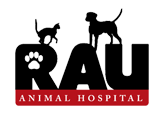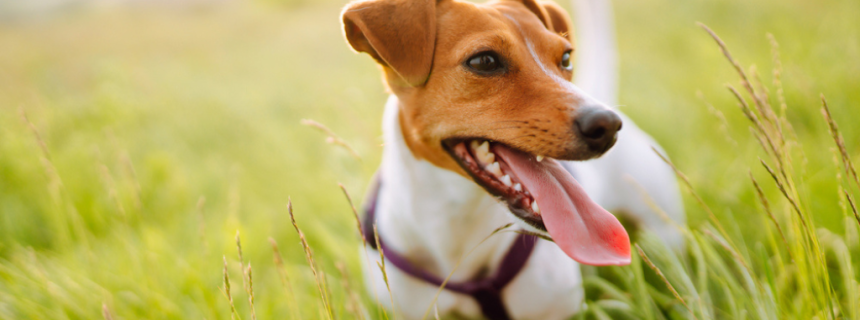Baby, It’s Hot Out There! Protecting Your Pets From the Heat.
The last Friday of May is dedicated to National Heat Awareness Day, which spotlights heat-induced medical emergencies in humans and pets. Recognized on May 26 this year, we’re taking this opportunity to educate pet owners about the risks and signs associated with excessive heat, and preventative measures to ensure every pet can avoid potentially fatal heat exhaustion, dehydration, and heatstroke. As we transition from cool months to hot summer days, it’s critical to know the warning signs to avoid an unnecessary trip to the emergency veterinarian.
Read More
A Tale Of Hip Dysplasia, Arthritis, And Lasers
Hip dysplasia is most common in large breed dogs. Most people have heard of hip dysplasia but don't necessarily know exactly what it is. Hip dysplasia occurs when there is abnormal development or growth of the hips. It essentially means that there is a poor fit between the "ball and socket" of a hip. This occurs when a puppy is growing. The head of the femur (thigh bone) is the ball, and the acetabulum is the socket part of the pelvis.
Read More
Lyme Disease
If you were to meet Howie with his cute bow tie and his wagging tail, you would never know that one fateful day last spring his mother thought he was on death’s doorstep. When Howie arrived at my clinic he was painful to the touch, had a high fever, had no appetite, and was very lethargic. He had no desire to walk around and we could barely touch him without him yelping in pain. After carefully examining him, my top two differentials were a back issue or Lyme disease.
Read More
Fleas and Ticks: Protecting Your Pets and Home
As veterinarians, one of the most common concerns we hear from animal owners is how to protect their furry friends from fleas and ticks. These parasites not only cause discomfort and itching, but they can also transmit diseases and infest your home. Without proper treatment, they can make your four-legged family members (and other members of your family) downright miserable.
Read More
How To Find The Best Pet Trainer
The ultimate goal of pet ownership is a well-trained pet that follows commands easily, can be trusted to stay home alone, and engages with humans of all ages without incident. However, obedience to this degree isn’t instinctual for most pets. When pets are young, proper training is essential to teach basic commands to make your life easier. In addition, pets adopted from shelters sometimes come from unfortunate circumstances and must be retrained due to neglect or abuse.
Read More
Myths and Facts About the Luck of a Cat
There's a lot of talk about the luck of cats, especially black cats. Some people believe they're lucky, while others think they bring bad luck to humans. There are also plenty of myths about cats’ own luckiness, like whether they always land on their feet when they fall.
Read More
How to Prevent Accidental Pet Poisoning
National Animal Poison Prevention Week is observed the third week of March, falling this year from March 19-25. This important week is dedicated to educating pet owners about household items that are poisonous to pets, how to identify signs of poisoning, and what steps to take if your pet exhibits symptoms.
Read More
The Top 5 Cat Purebreds in the United States
The United States is home to myriad cat breeds, each with its own special set of characteristics. While some people may prefer a certain type of cat based on appearance, others may base their decision on personality or health concerns. Regardless of your preferences, there are certain breeds that stand out among the rest. Here are the top cat breeds in the United States, according to The Cat Fanciers' Association (CFA).
Read More








